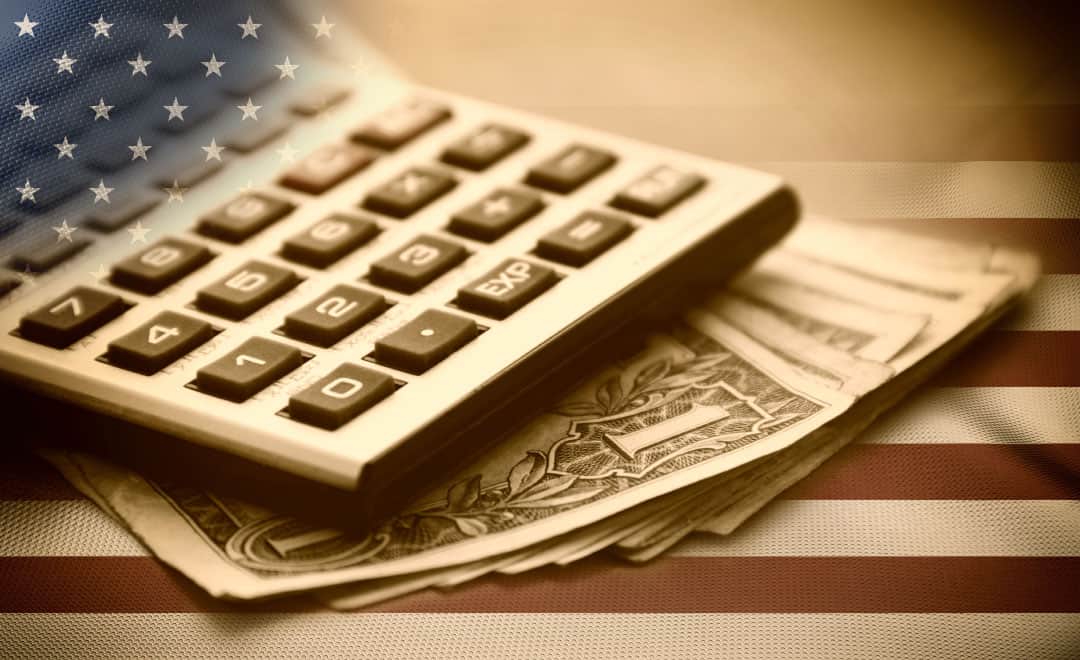I’m just guessing, but if you’ve been hanging out in the house lately, you’ve probably had to referee a skirmish in the past few weeks. One of the most often used phrases in the language of any child is, “it’s not fair!” Of course, once you’ve lived past middle school, you have probably grown to agree and accept this phrase as one of life’s basic truths. The world is full of inequality, and that will always be. However, we have witnessed a few ways in which the government response has shown us a recent case of this age-old inequality issue. Before we start, don’t paint me into the corner of Trump-haters, as that is not the point here. I believe the government did the best it could with the limited time given, to get as much funding to the most needed areas.
We got notice last week that Payroll Protection Program (PPP) funding has already been depleted; however, additional funding is being negotiated in Washington. Meanwhile, what’s worse, small- and mid-sized businesses with employees were allowed to get to the trough first, and independent contractors and sole proprietors, and the so-called gig workers had to wait. If you’re in that category, I’m sure your opinion of the government bailout differs from that of others. While I’ve made this point previously, I think it’s worth mentioning again. We could have all heeded the words of our chosen financial planner and saved for a rainy day. I generally recommend six months of savings for an unforeseen event. Coronavirus would qualify here. Those who have chosen to continue doing their banking at Wells Fargo found out the funding was limited before most others, as Wells Fargo was limited in their ability to participate in lending to clients because of their previous sins.
While funding limitations are an obvious sore spot, what about those who managed their risk properly and found the government willing to bail out their more wild-eyed, risk-taking peers as well as rewarding those taking less risk? I’m not even talking about the companies who have enjoyed borrowing to buy back their own shares, that’s more complicated than I care to endeavor explaining here. How about the investors who continued to buy money market funds reliant on short-term corporate debt? These money funds continued to pay outsized interest, while their safer, government-security-buying money fund peers paid a slightly lower rate. However, when the stuff hit the fan, the Federal government provided the liquidity necessary to ensure nobody suffered the 10-day waiting period or the imposition of the 2% fee on withdrawals imposed by Dodd-Frank regulations following our last financial crisis.
The other common complaint we are hearing is from hedge funds that make their living buying low-quality debt. In every financial crisis, even a mild one, you hear of companies who have taken on excessive risk and are faced with bankruptcy. The banks and other lenders who have backed the risky enterprise become humble enough to sell to hedge funds at significant discounts, often in the range of 25 cents on the dollar. This time, there’s a new buyer in town, you guessed it—everybody’s Uncle Sam. While it’s hard to lend a shoulder to a bottom feeder like these guys, they have served a legitimate purpose in past crunches, and they are now feeling competitive pressures from our government. Even low-quality municipal debt found a hero in the voice of Congress who made a plea to buy the debt of these issuers. Sure, governments should be bailed out, right? Even those who tax their citizens and find a way to overspend the comparative largess? I’m thinking of those like Cook County Illinois here, the home of Chicago, which has been looking for a bailout since 2009 to no avail, until now. Consider this, Georgia has had a balanced budget for years. It’s the law here. Georgia also boasts its status as one of only eight states with a AAA bond rating, the best available by any rating agency. I doubt anybody made a plea for us. It wasn’t necessary! And let’s hope that continues.
One term you might have heard mentioned by your favorite economist is “moral hazard.” If not, listen closely over the next few weeks and months, it’s sure to come up. When people and businesses take risks, there should be some consequences. Given the current circumstances, some of that was overlooked, and it might just encourage similar actions in the future.
Meanwhile, I very much look forward to getting our economy back on track and enjoying a nice dinner at my favorite restaurant! I know our government is making its best effort to bridge the economic gap while we wait this virus out.
If you have questions regarding how the current economy will affect you, the experts at Henssler Financial will be glad to help:
- Experts Request Form
- Email: experts@henssler.com
- Phone: 770-429-9166







